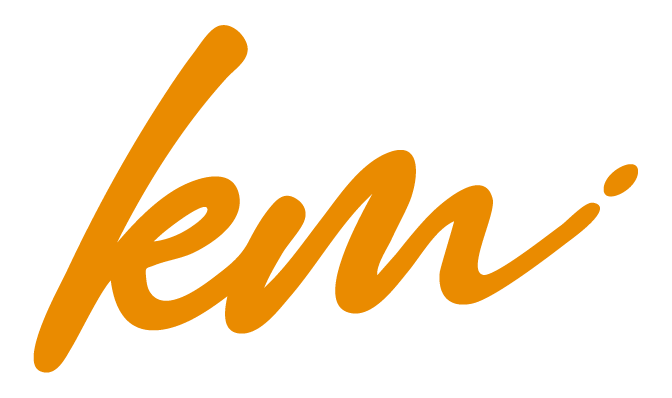
Introduction
In today’s digital age, personal branding is more important than ever. Whether you’re an entrepreneur, freelancer, corporate professional, or influencer, your personal brand determines how you are perceived in your industry. But what exactly is personal branding, and why does it matter? This comprehensive guide will explore the essence of personal branding, its benefits, and actionable steps to build and enhance your brand.
What is Personal Branding?
Personal branding is the process of creating a unique identity and reputation for yourself in the professional and social world. It involves presenting your skills, values, and personality in a way that sets you apart from others. Your personal brand is essentially the story you tell about yourself—both online and offline.
The Key Elements of Personal Branding
- Authenticity – Staying true to your values and being genuine in your interactions.
- Consistency – Maintaining a uniform presence across various platforms, such as LinkedIn, Twitter, and personal websites.
- Expertise – Showcasing your knowledge and skills in a specific niche.
- Visibility – Ensuring your brand is seen and recognized through networking and content marketing.
- Engagement – Interacting with your audience to build trust and credibility.
Why Does Personal Branding Matter?
1. Establishes Credibility and Authority
When you have a strong personal brand, people view you as an expert in your field. Sharing valuable insights and consistently delivering quality content positions you as a thought leader.
2. Creates Career and Business Opportunities
A well-crafted personal brand attracts career advancements, partnerships, and business growth. Recruiters, investors, and potential clients are more likely to reach out when they recognize your expertise.
3. Helps You Stand Out in a Competitive Market
With millions of professionals competing for attention, a distinct personal brand differentiates you from the crowd. It allows you to be memorable and relatable.
4. Enhances Your Online Presence
In the digital world, your brand is often the first impression people get of you. A polished and professional online presence ensures you make a positive impact.
5. Builds Trust and Loyalty
People connect with individuals they trust. A strong personal brand fosters relationships, credibility, and long-term loyalty among your audience.
Steps to Build a Powerful Personal Brand
1. Define Your Brand Identity
Start by identifying your strengths, passions, values, and expertise. Ask yourself:
- What am I good at?
- What do I want to be known for?
- What values drive me?
2. Identify Your Target Audience
Understanding who you want to reach helps shape your messaging. Define your audience based on industry, interests, and pain points.
3. Craft Your Unique Value Proposition (UVP)
Your UVP defines what makes you unique. It should answer:
- Why should people follow me?
- What value do I offer that others don’t?
4. Create a Consistent Online Presence
- Optimize your LinkedIn profile with a professional photo, engaging summary, and endorsements.
- Develop a personal website or blog to showcase your expertise.
- Maintain active and professional social media profiles.
5. Share Valuable Content
Regularly post high-quality content, such as:
- Blog articles
- Videos
- Podcasts
- Social media updates
6. Network and Engage with Your Audience
Attend industry events, participate in online discussions, and build relationships with influencers and peers.
7. Monitor and Evolve Your Brand
Regularly analyze feedback, engagement, and trends to refine your personal brand.
Conclusion
Personal branding is a powerful tool for professional growth and success. It defines how you are perceived, builds credibility, and unlocks countless opportunities. By being authentic, consistent, and strategic, you can craft a compelling brand that stands the test of time. Start building your personal brand today and take control of your professional narrative!


